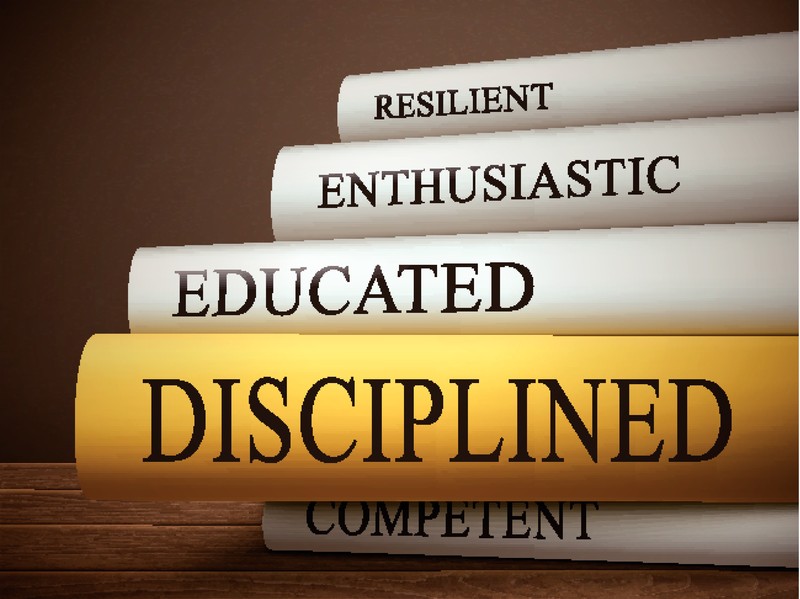Elizabeth Shown Mills

What is your success rate as a researcher? Does every effort advance your goals or bring you closer to resolving a specific research problem? Do you invest hours that generate no relevant information at all? Do record sets and databases never seem to yield the needed answers to your key questions about events and identities, associations, and relations? Or have you amassed great quantities of data that remind you of the Shakespearean line about “much sound and fury, signifying nothing”?
Success as a researcher begins when we recognize that success requires discipline. So, here’s a quick set of 20 questions with the power to change your life—and your odds—as a researcher.
Before you launch a block of research, online or at a repository, do you:
1. Analyze what you already have—to refresh your memory of all relevant details and flag the possibilities to pursue?
2. Define your research goal—in writing?
3. Identify all available, relevant, resources that need to be consulted—then locate and study the guides and finding aids that have been prepared for them?
4. Create a work plan that prioritizes those resources and defines the methodology to be applied?
Amid research, do you take the time to
5. Record a full identification of every source you examined, even those that produced negative results?
6. Evaluate the nature and quality of each source used?
7. Identify gaps in the record set or other shortcomings that could affect your outcome?
8. Carefully study each relevant record that you find—right then, right there—looking for clues to build upon or indications that you should alter your research plan in response to this new finding?
9. Record a full citation on each image copy that you make?
After research, do you prepare a research report that
10. Records the exact goal you pursued and defines the parameters of your search?
11. Identifies fully every source you checked?
12. Evaluates the nature and quality of each source you used?
13. Includes transcriptions, abstracts, or at least nutshells of each relevant document that you found?
14. Cross-references each transcription, abstract, or nut shell to the image copy, if you made one?
15. Analyzes the details in each document and correlates those details with information from other sources to define patterns of similarity and dissimilarity, identify conflicts or confirmations, and generate new insight?
16. Outlines a research plan for next steps to pursue?
Between projects, do you
17. Study the instructional manuals of your research field, to learn its best practices, standards, and terminology?
18. Study the journals in your specialty, to increase your understanding of particular records and common circumstances, and to learn new strategies for resolving stalemates?
19. Evaluate your own track record as a researcher, defining the methods that worked, those that seemed to fail, and the factors that made the difference.
20. Acknowledge that research is more than just searching for a name or an event and that successful researchers allot more time to the correlation and analysis of evidence than to the task of collecting data.
Bottom Line
In this Internet age, we have great expectations. We expect essential information to be online. We expect search engines to pinpoint our needs with laser precision. We expect hits to be delivered in a processed format as easy to digest as banana pudding. We expect much, ironically, from the tools that are provided to us by those who work in other disciplines.
Do we expect a comparable level of performance from ourselves?
Success happens when we realize that we are neither dependent upon nor limited by the tools others provide. Success happens when we realize that success does not hinge upon finding more records online or having the funds to travel to more archives. Whatever our locale or status, we have the power to greatly enhance our own success rate. All it takes is approaching our project with a well-targeted discipline that allows us to see—and maximize—all the bits of evidence that casual searchers miss.
Further Study
For a wealth of other suggestions to enhance research success, see
- Elizabeth Shown Mills, QuickSheet: The Historical Biographer's Guide to the Research Process (Baltimore: GPC, 2012); also available as a digital download.
- "QuickLesson 20: Research Reports for Research Success," Evidence Explained: Historical Analysis, Citation & Source Usage.
How to Cite This Post:
Elizabeth Shown Mills, "QuickTips: The Disciplined Researcher's 20-Question Guide," Evidence Explained: Historical Analysis, Citation & Source Usage (https://www.evidenceexplained.com/quicktips/disciplined-researchers-20-question-guide : posted 8 September 2015; accessed [date]).
PHOTO CREDIT: "Book title of disciplined isolated on a wooden table,"CanStock Photo (http://www.canstockphoto.com/images-photos/analyst.html#file_view.php?id=24320329 : downloaded 14 August 2015), image csp24320329, uploaded 10 January 2015 kchungtw; used under license.